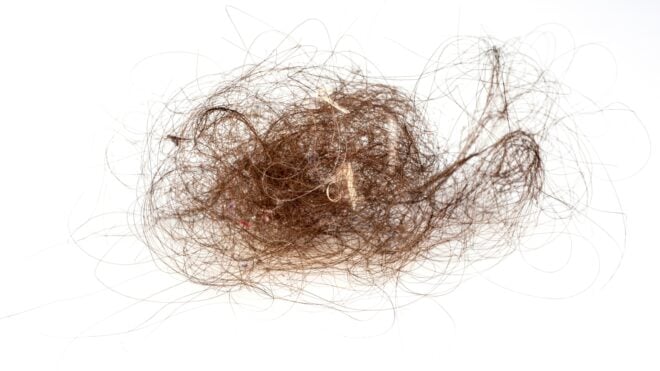I am bound to offend someone with this post. To that someone, I’m sorry you feel this way. But what is the deal with organic everything?
I buy grass fed because of the awfulness done to animals. I buy organic fruit because I don’t want my kids eating chemicals. But really, the only research I do when buying organic is I look at the label. So how do I know if it’s actually organic?
Is an idea that is put into production, created and put on the shelf, organic? The definition of organic is “of, relating to, or derived from living matter.” So to argue something I create (I being the living matter) is organic?
The reason I pose this question to the internet universe is my local Target store is quickly becoming segregated between the organic section and the chemical-terrible parent section. There’s immense judgement on whatever side of the aisle you are on.
Don’t get me wrong. I buy organic. Almost all produce I buy has an organic sticker on it. I absolutely believe it’s authenticity at face value. The reality is, I have no idea. I just don’t like the stink eye from the woman in the fedora buying organic brussels sprouts at 8 a.m. on a Sunday.
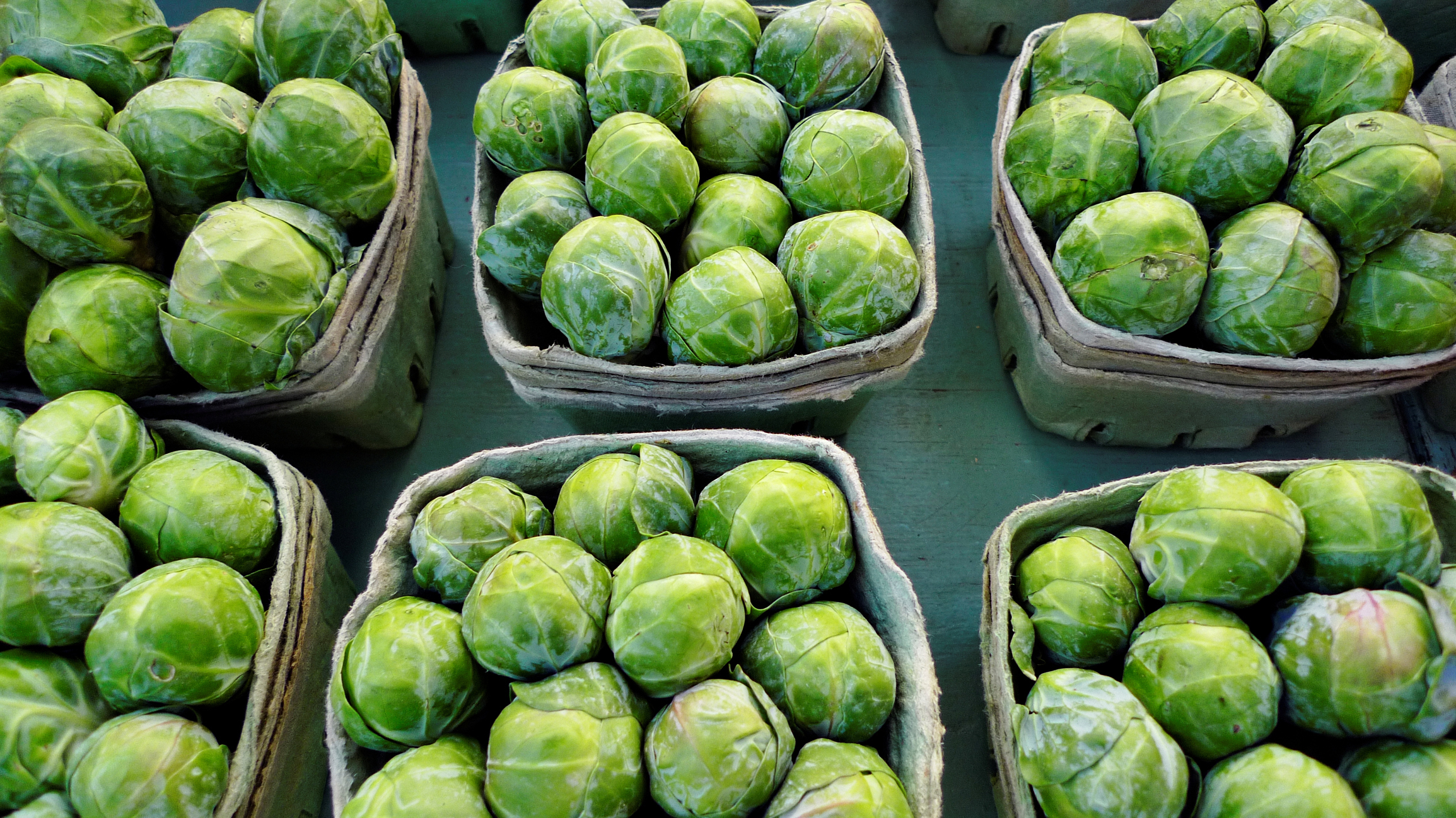
Now, organic materials are making their way into clothing, toys, and every other piece of my world. My kids play with my toys from the late 1980s. I can guarantee you my mom had no idea what organic was when they were bought.
What went through her head? That the product was Sesame Street theme and made her daughter happy. That's it.
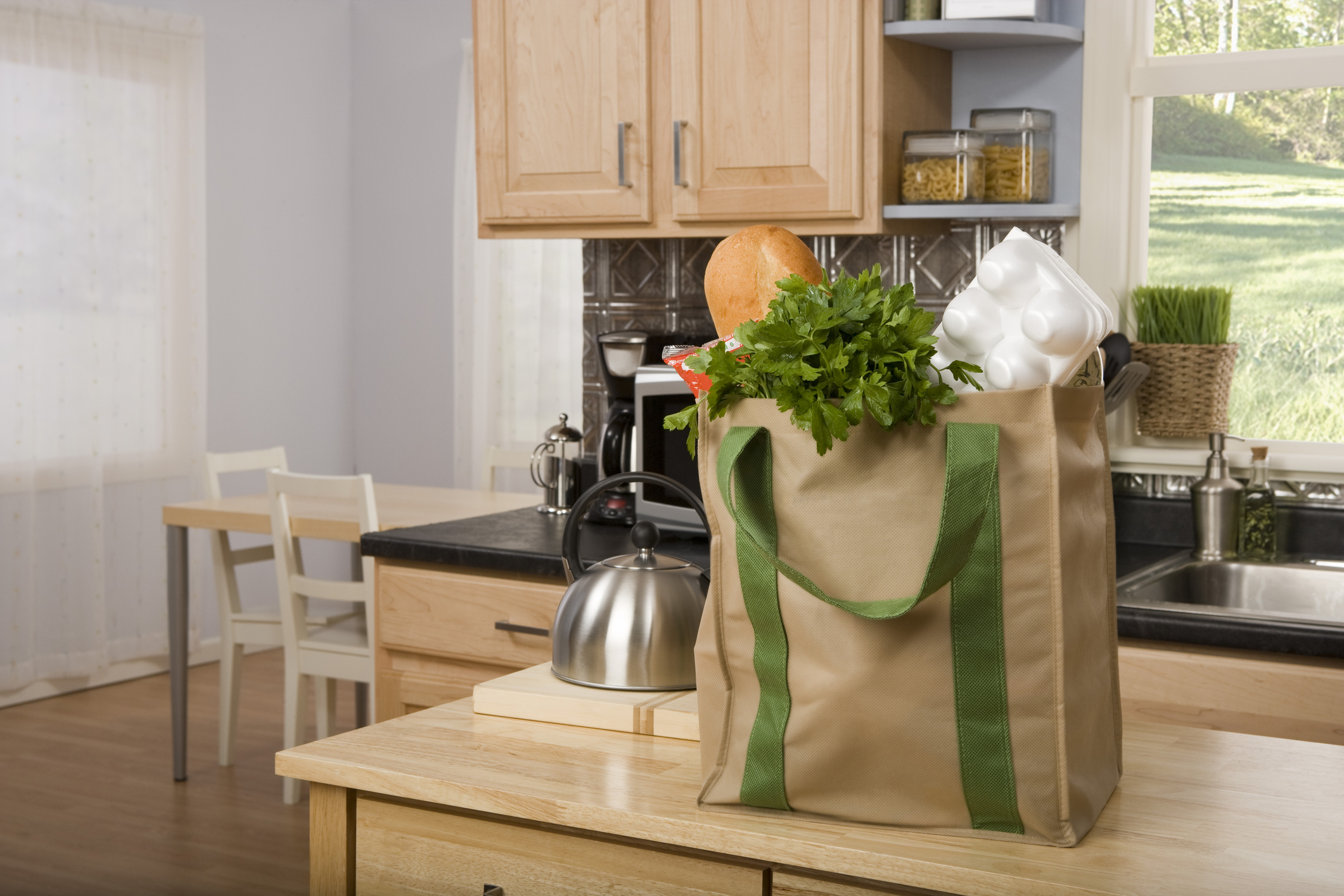
Is organic better for the environment? I, for one, do not know if that’s true or not.
I get the anti-plastic bag movement. I understand recycling. Many people believe ads at face value, but should we?
Back to my grocery list. I’m trying to figure out if my toilet paper needs to be organic.
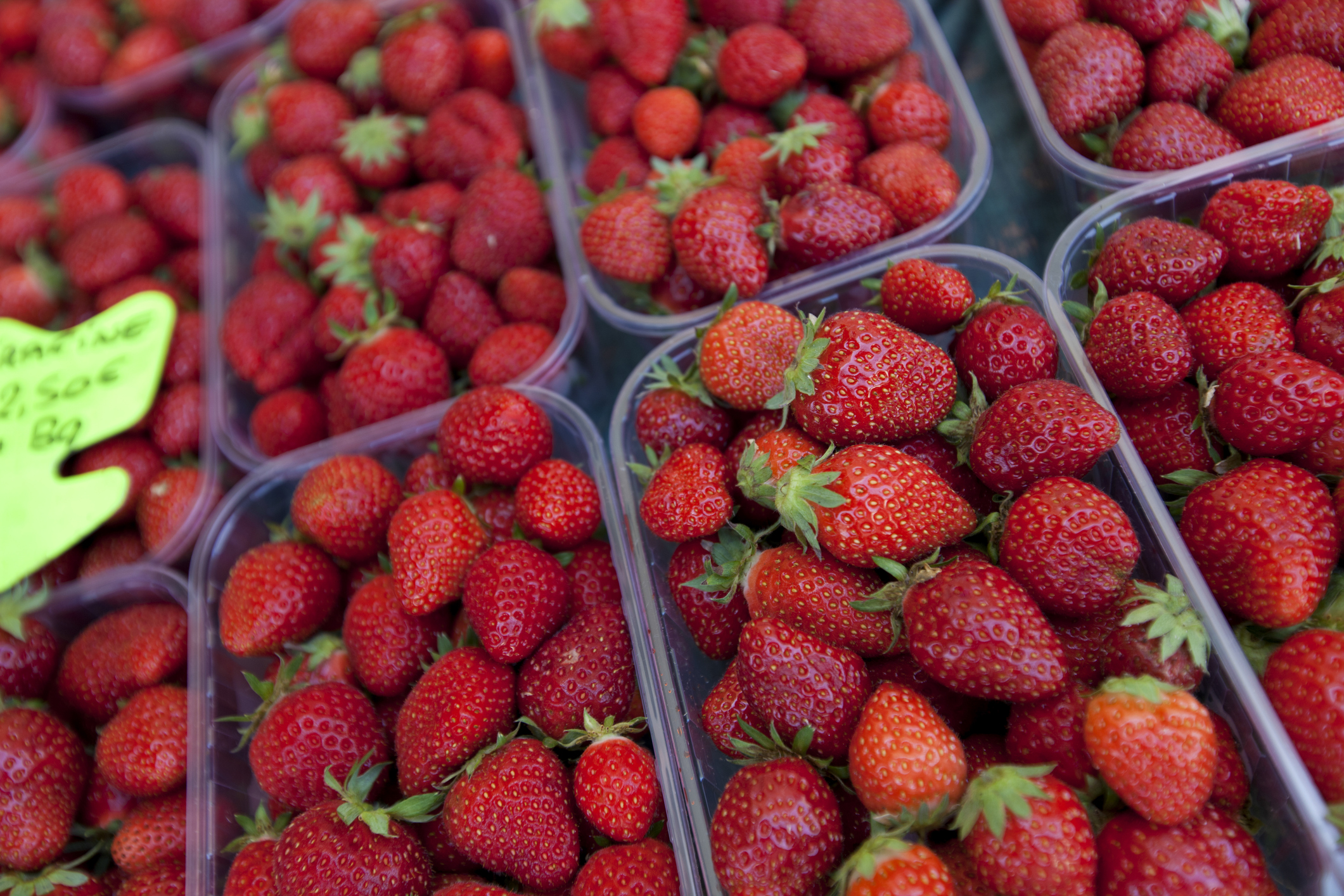
Fruit. My daughter loves strawberries. If the organic is out of stock – I’ll buy conventional. I’m sorry but I am not going to a farmers market only to make another trip to four other places to get groceries for the week. I define the “problem” with American consumerism.
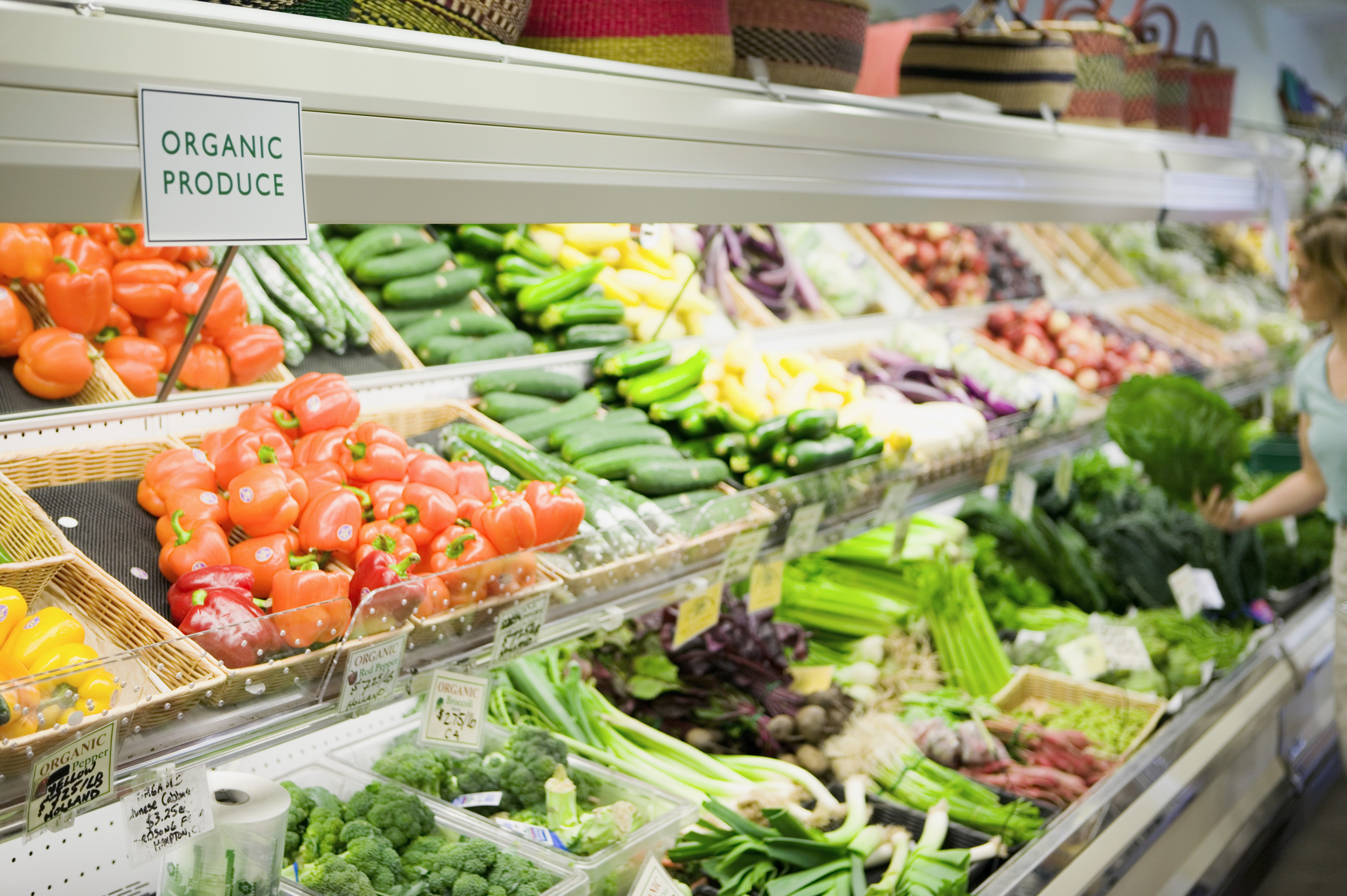
I firmly believe for a product to enter the mom market it must be cost efficient (duh, kids are expensive) and readily available (uh, kids are time consuming). So if I am a farmer – I’m contacting my local bug box store to convince them my product needs shelf space. I am not attracting the masses in a gas station parking lot.
Also is it healthier? I mean, it’s not less healthy. But when you break down the costs – like availability, cost differential and durability – I can’t make the leap.
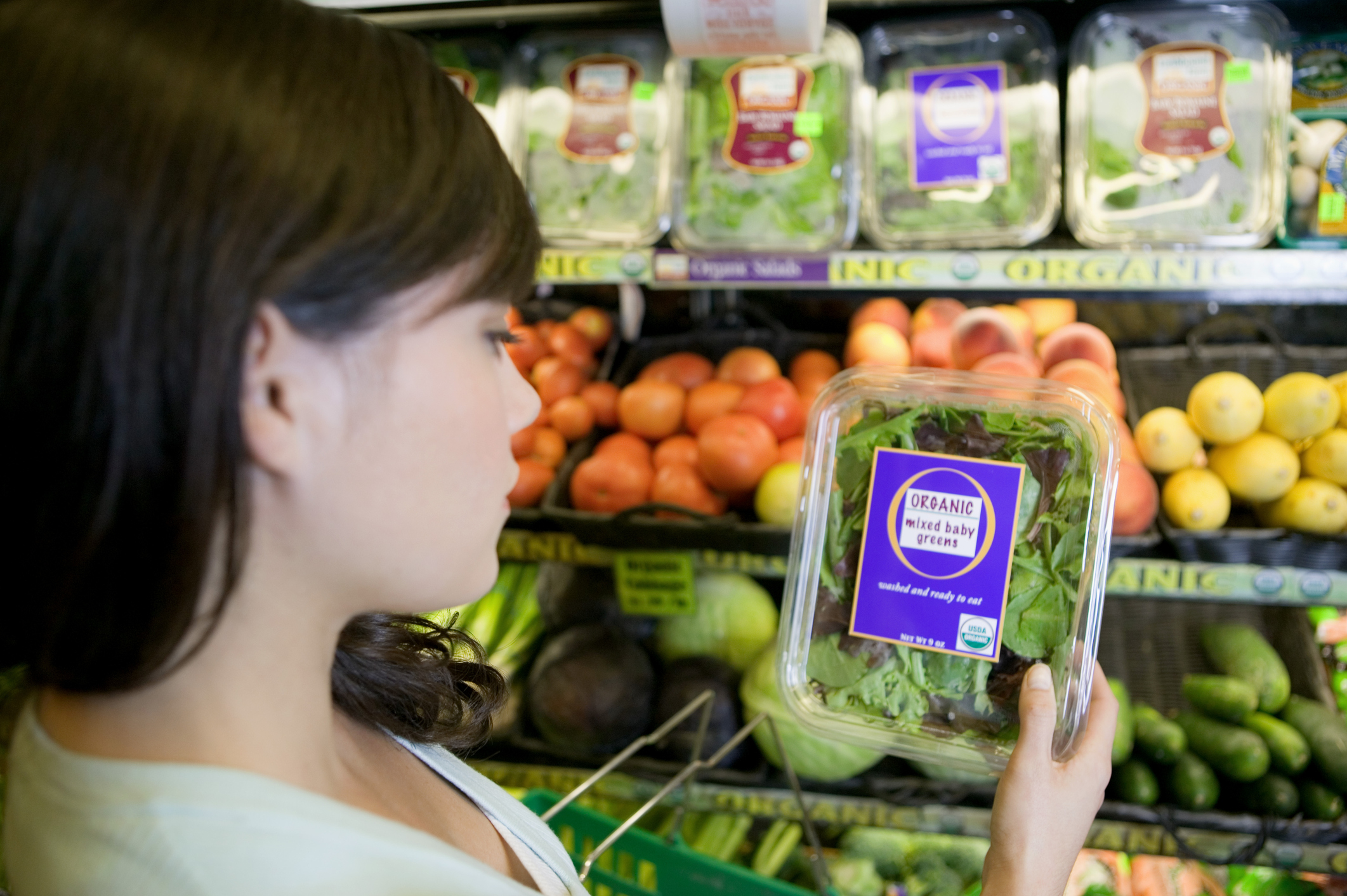
When I buy anything, here’s my brain breakdown:
-
Do I need or want this?
-
How much does it cost?
-
Google search for (insert store name) coupon/promo code.
-
Can both kids use this? Will it poison the dog when he will eventually chew it up.
-
Where was it made? (This I understand. If the answer is made in the USA, the purchase decision is almost always made at this point. Problem is this is few and far between.)
-
What is the store’s return policy?
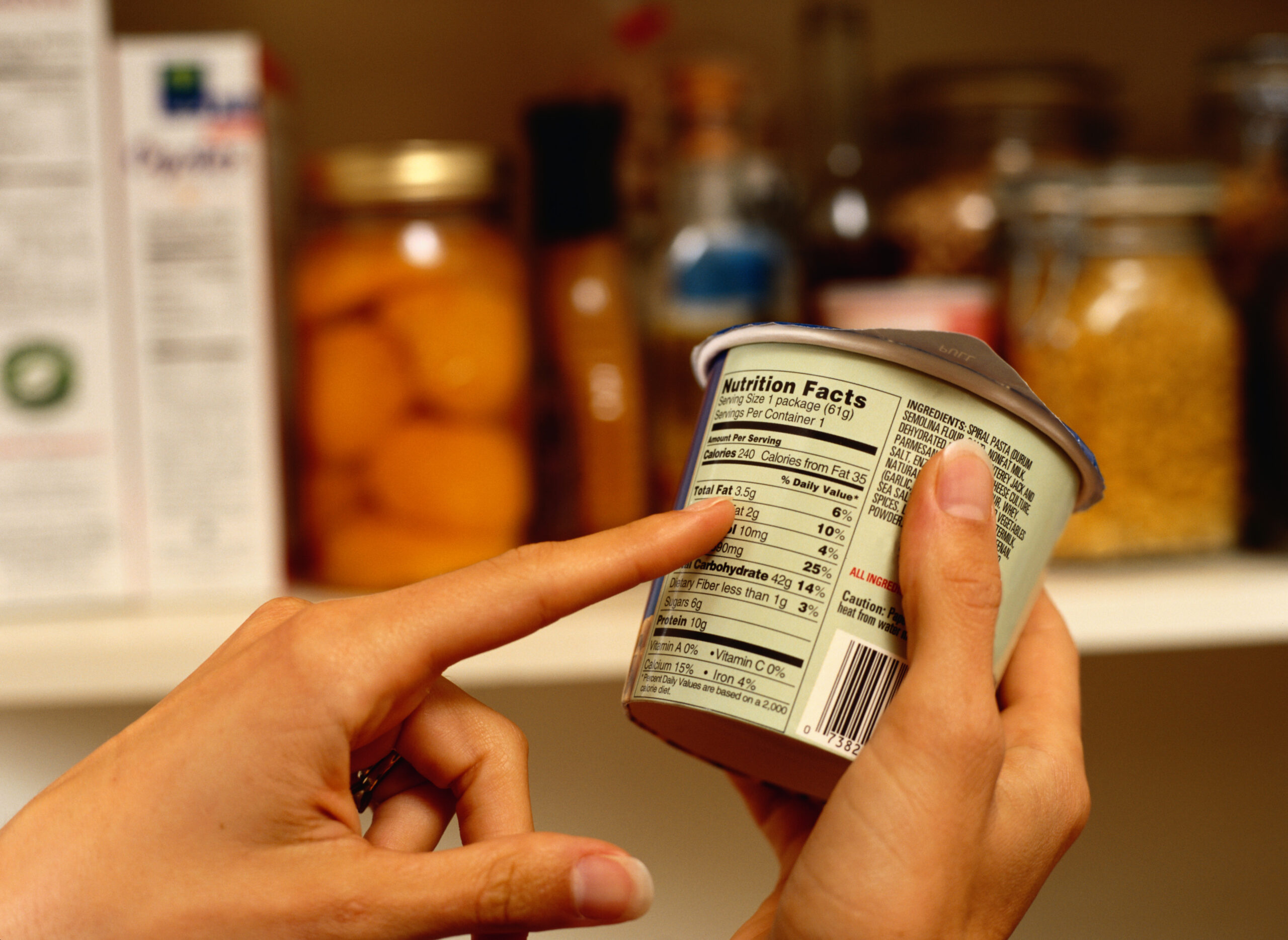
The organic question probably needs to be added to this list. I just need a reason why. And that reason needs to be something beyond, "Isn’t it important to pronounce what you eat and give your kids." Sorry, I believe in vaccines and medicine. I can’t pronounce any of that stuff.
So next week, when my frenemy wearing heels at 8:05 a.m. at Target on a Sunday morning is buying organic teddy bears (real thing) – I’ll ask.
For more from Elizabeth Doren, visit Work It, Working Mom, or Facebook.



